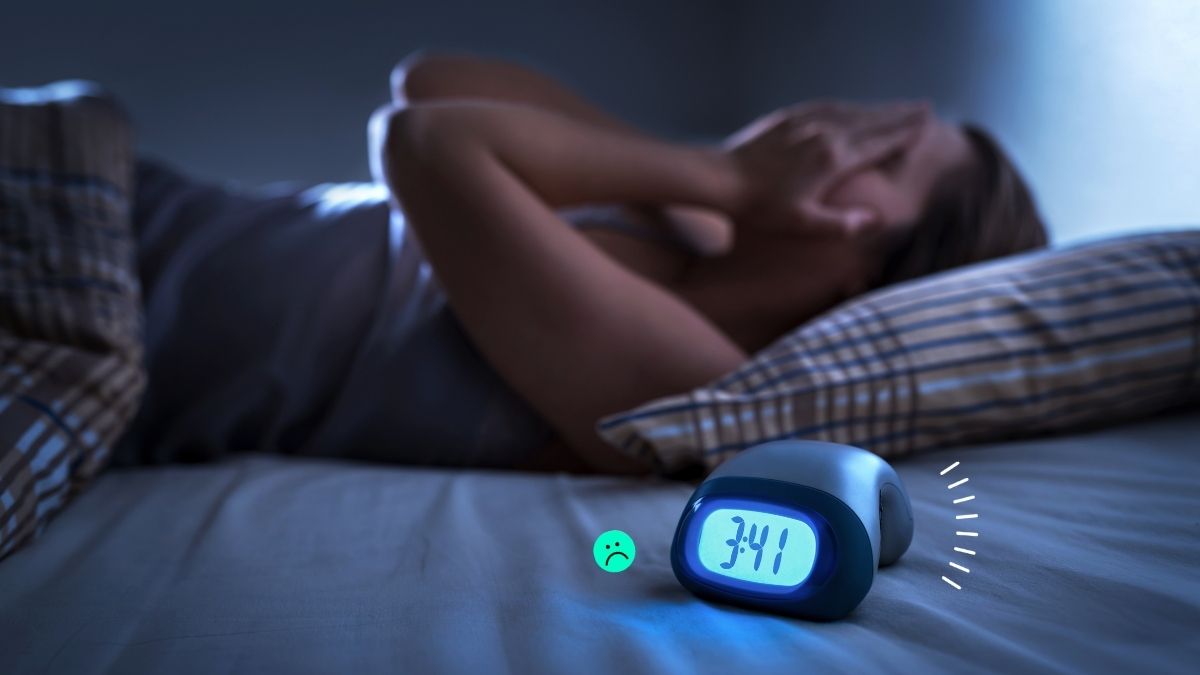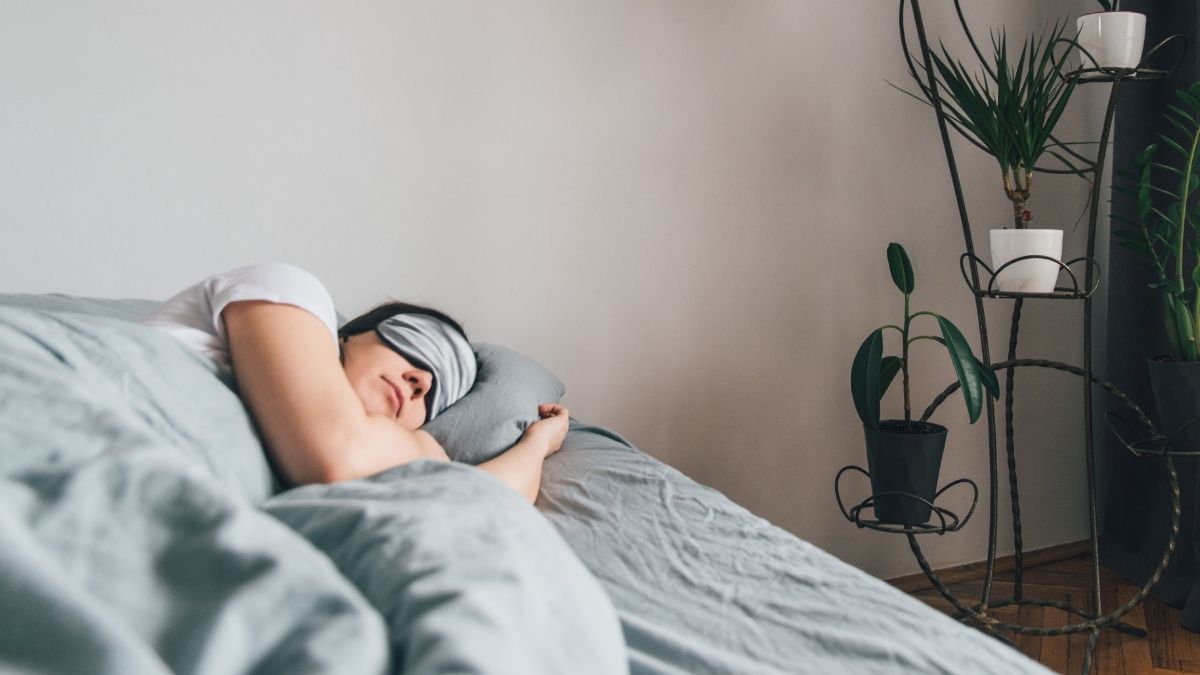If getting a full eight hours of sleep feels impossible, you're not alone—it turns out, it's probably a Filipino thing.
A 2023 Fit Track report from Milieu Insight found that 56% of Filipinos get less than seven hours of sleep per night, making the Philippines one of the top sleep-deprived countries in Asia. Globally, the country ranks fourth among nations struggling with inadequate rest.
This data is further supported by the World Economic Forum's Sleep Cycle Survey, which reveals that Filipinos only average between 6.3 and 6.45 hours of sleep daily—far below the recommended amount.
The reasons behind this sleep crisis are plenty—long work hours, lengthy commutes, digital distractions, and even the cultural norm of pushing through exhaustion to stay productive. But before you brush it off with the usual excuses like, "I'll catch up on sleep over the weekend," or "A quick power nap will do the trick," science says it's not that simple.
In reality, sleep isn't like a savings account where you can deposit extra hours later. Instead, you accumulate "sleep debt"—a deficit that affects your brain, body, and overall well-being. And just like financial debt, the more you ignore it, the harder it becomes to recover—here's why.

What Is Sleep Debt And Why Does It Matter?
Harvard Medical School emphasizes that for sleep to be considered high quality, it should last at least seven hours per night. Beyond simply feeling well-rested, getting adequate sleep is essential for overall health and well-being.
If you're regularly getting less than seven hours of sleep, you may already be experiencing sleep deprivation, leading to sleep debt. Sleep debt refers to the gap between the amount of sleep your body needs and how much you actually get. Every night of insufficient rest adds to this debt, which can have long-term consequences.
Of course, some situations naturally disrupt sleep and contribute to sleep debt. Traveling across time zones, for instance, can cause jet lag, requiring adjustments to new sleep schedules. However, making sleep deprivation a habit and continuously accumulating sleep debt is unsustainable and harmful.
"When we don't get enough sleep—whether it's because of a late night, stress, or doom scrolling—we're essentially borrowing energy we don't have, creating sleep debt," Joanna Fong-Isariyawongse, a Sleep Neurologist at the University of Pittsburgh Medical Center, said.
She further explained that if someone requires eight hours of sleep per night but consistently gets only six, they accumulate 14 hours of sleep debt each week.

According to the Sleep Foundation, prolonged sleep debt can have serious consequences, including:
- Increased risk of chronic illnesses such as diabetes, hypertension, heart disease, and stroke
- Weakened immune function and metabolic imbalances
- Weight gain due to hormonal changes and poor metabolism
- Higher risk of accidents and falls, particularly among older adults
- Impaired memory and cognitive function, making it harder to focus and retain information
Tips To Pay Your "Sleep Debt" The Right Way
Consistently depriving yourself of sleep isn't just about feeling tired—it can take a toll on your overall health in ways that can't simply be "repaid" with extra sleep on the weekend. It takes more than just "sleeping more" to recover from sleep debt but requires nutrition and continuous discipline. Here are some tips to help your body recover:
Establish a consistent sleep routine
The most effective way to recover from sleep deprivation is to prioritize a regular sleep schedule. Your body thrives on routine, and going to bed and waking up at the same time every day—even on weekends—helps regulate your circadian rhythm (your internal body clock).
- Gradually adjust your bedtime. If you've been sleeping too late, try moving your bedtime 15 minutes earlier each night until you reach your ideal sleep schedule.
- Avoid oversleeping during weekends. Sleeping in for more than two extra hours can throw off your internal clock and make it harder to wake up on time during the week.
Fuel your body with the right food
Your eating habits play a significant role in how well you sleep. Certain foods and drinks can either help or harm your ability to get restful sleep.
- Avoid consuming coffee and alcohol before bed. Caffeine stays in your system for up to six hours, while alcohol disrupts your sleep quality by preventing deep sleep.
- Stay hydrated—but not too close to bedtime. Dehydration can cause discomfort and restless sleep, but drinking too much water before bed may wake you up for bathroom trips, which can cause loss of sleep.
Reduce evening screentime and stimulants
Blue light from screens (phones, tablets, laptops) suppresses melatonin production, making it harder to fall asleep. Try swapping screen time for reading, meditating, or journaling instead. Turn off your notifications to avoid distractions.
Seek professional help if necessary.
If you've tried these steps but still feel exhausted or struggle with insomnia, frequent wake-ups, or excessive daytime sleepiness, you may have an underlying sleep disorder. If you still struggle, it might be the best time to seek a professional for help.


